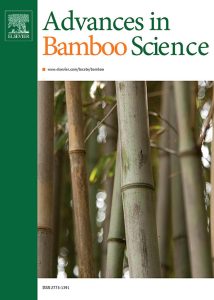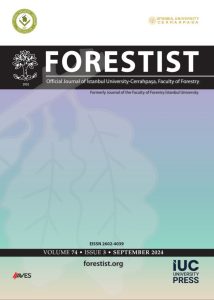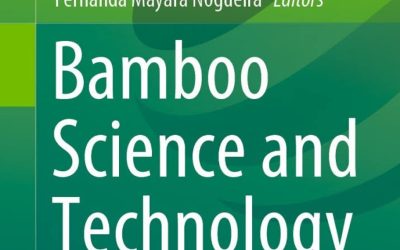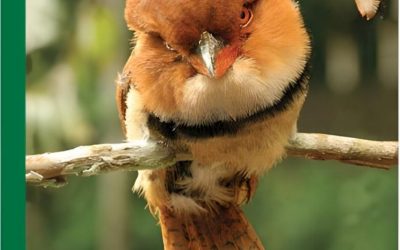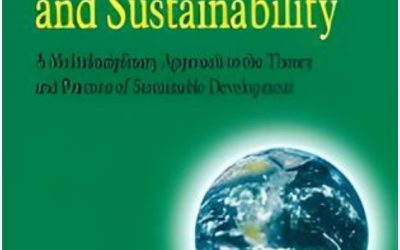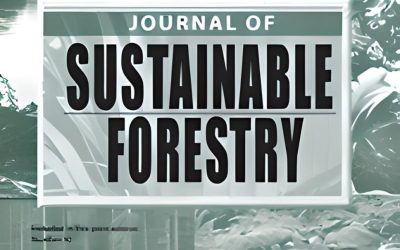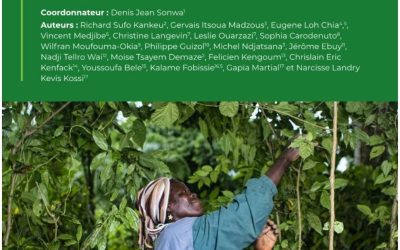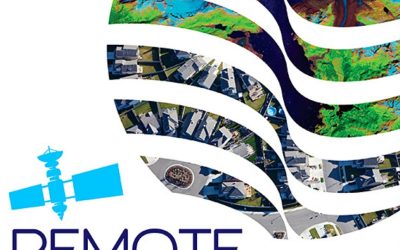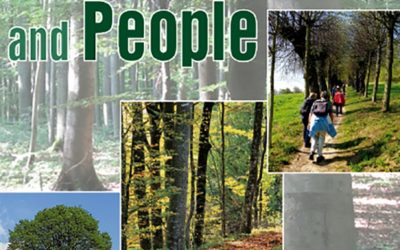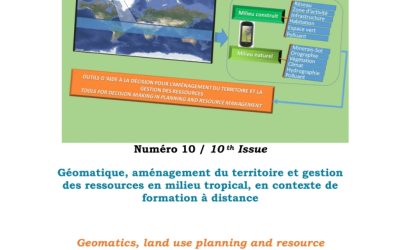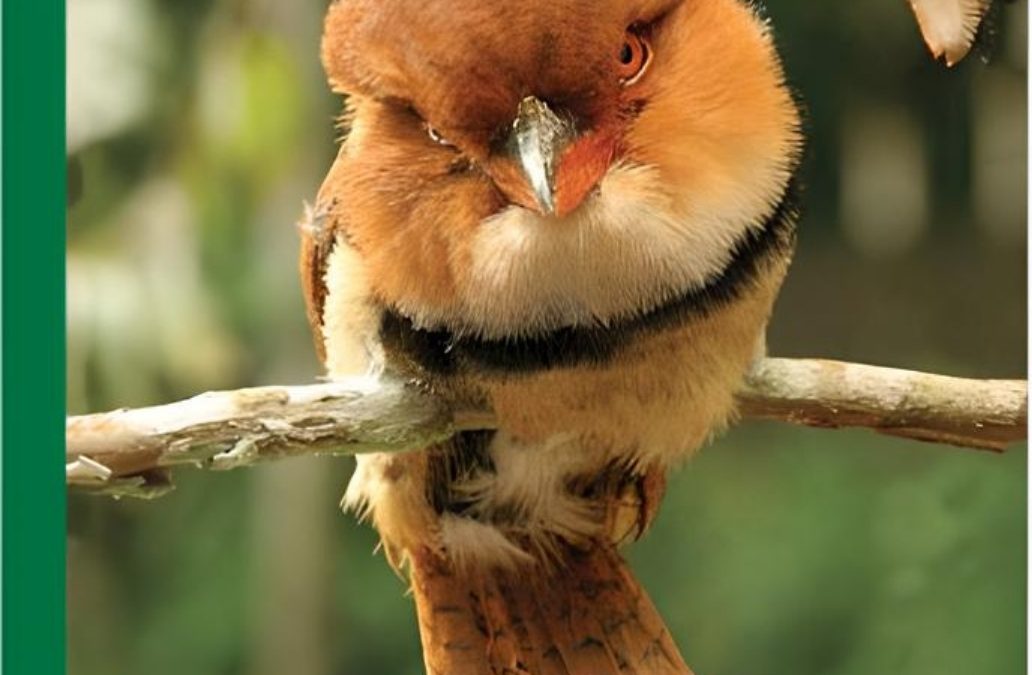
An analysis of the institutional framework for REDD+ implementation in Cameroon
REDD+ is a mechanism that is used to advance the efforts of developing countries that are endowed with forests to mitigate climate change by decreasing emissions from deforestation and forest degradation, encouraging conservation and the sustainable management of...
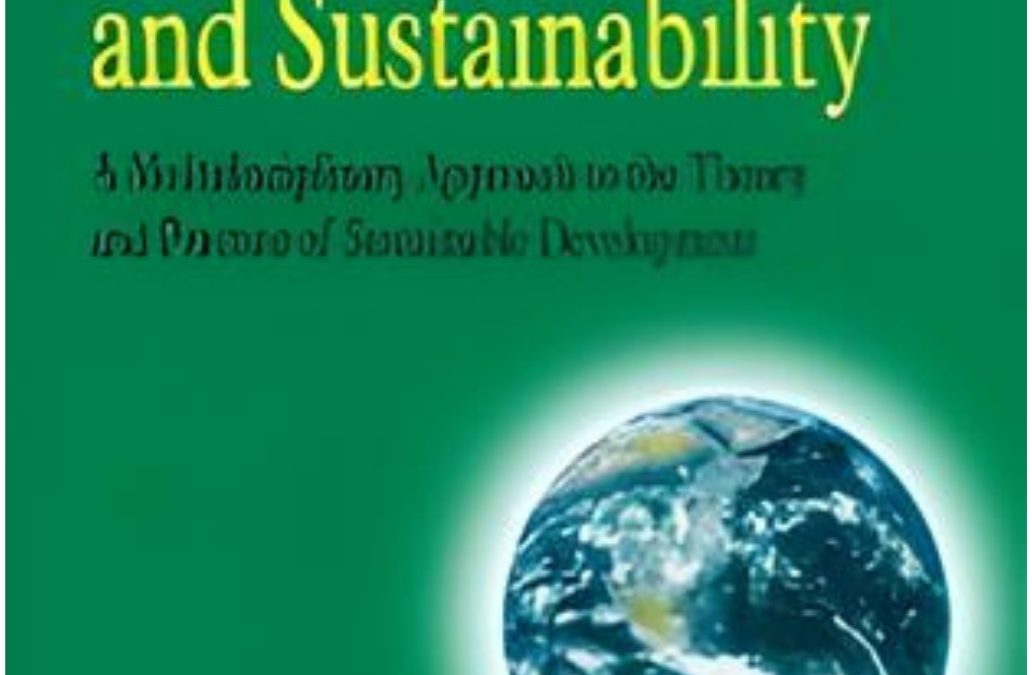
Catalysing the monitoring and evaluation of Nationally Determined Contributions through North–South cooperation
The recent 6th Assessment Report by Intergovernmental Panel on Climate Change has been damning to the world. An overwhelming amount of evidence that Nationally Determined Contributions (NDCs) can contribute to stabilising or reversing the course of impacts of climate...
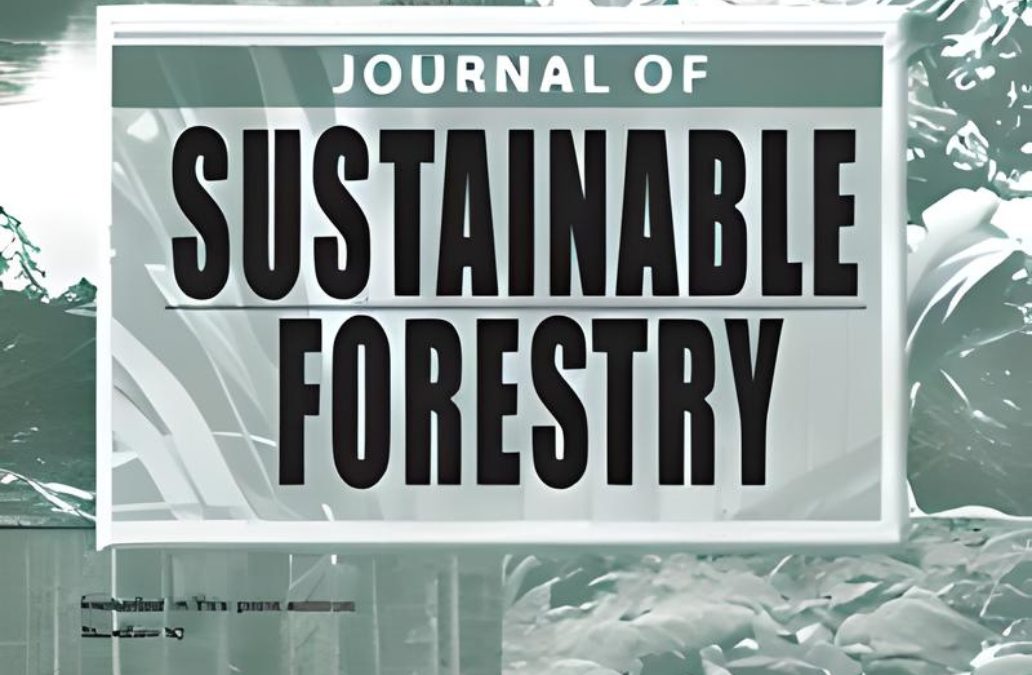
Biodiversity and Ecosystem Services of Bamboo Carbon Stocks Regulation in the Western Highlands of Cameroon
In the Western Highlands of Cameroon, natural ecosystems have been significantly degraded, fostering other land-use types like bamboo stands. However, knowledge of the potential contribution of bamboo to climate change mitigation within the framework of payment for...

A systematic review of the application of multi-criteria decision-making in evaluating Nationally Determined Contribution projects
Analyses in the past decade and more recently, catastrophic events, including extreme temperatures, un predictable weather patterns, floods, and wildfires caused by climate change, have become too common worldwide. There is overwhelming evidence that country...
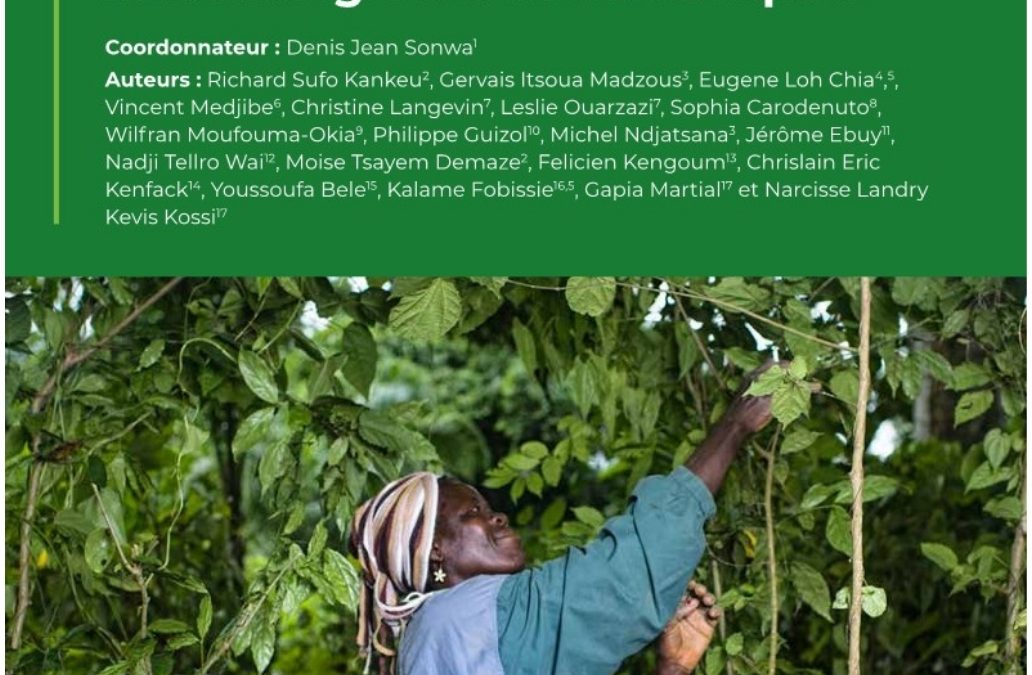
Les engagements internationaux des pays d’Afrique centrale en réponse aux changements climatiques
L’article 4 de la CCNUCC rappelle les principaux engagements des parties, en tenant compte de leurs responsabilités communes, mais aussi différenciées, et de la spécificité de leurs priorités de développement, ainsi que de leurs objectifs et de leur situation. Au...
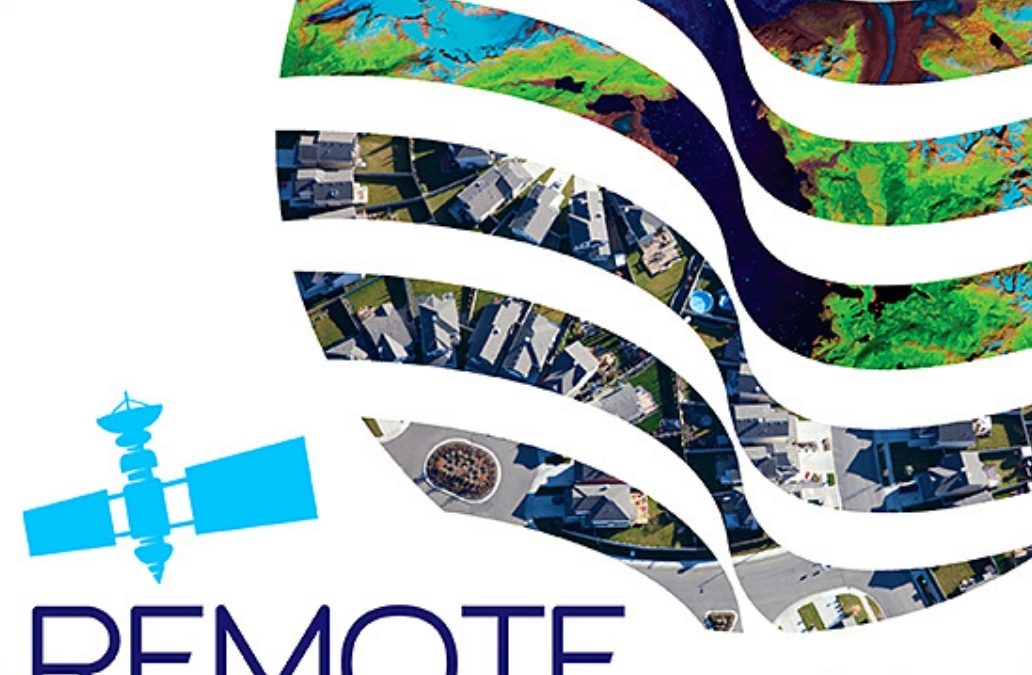
Time series analysis of remote sensing images of vegetation cover change in the Faro-Bénoué-Bouba Ndjidda ecological landscape, north region of Cameroon
The Faro-Bénoué-Bouba Ndjidda ecological landscape in the north region of Cameroon consists of a vast network of protected areas with multiple potentials that contribute to the economic and social development of the local populations. Because of all its potentials,...
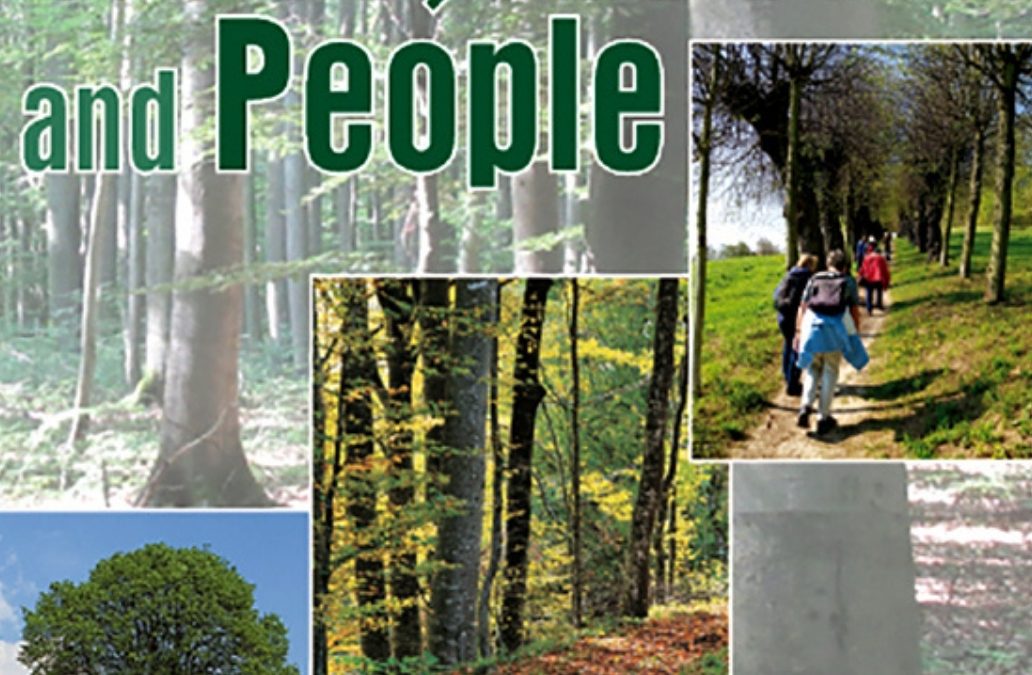
Community forestry in Cameroon: Insights on state institutional deficits
Community forestry (CF) was set-up in Cameroon about 20 years ago to enable better environmental, economic, and social benefits for communities. Since then, 430 community forests have been attributed, covering an area of almost 1.7M ha. However, less than a quarter...
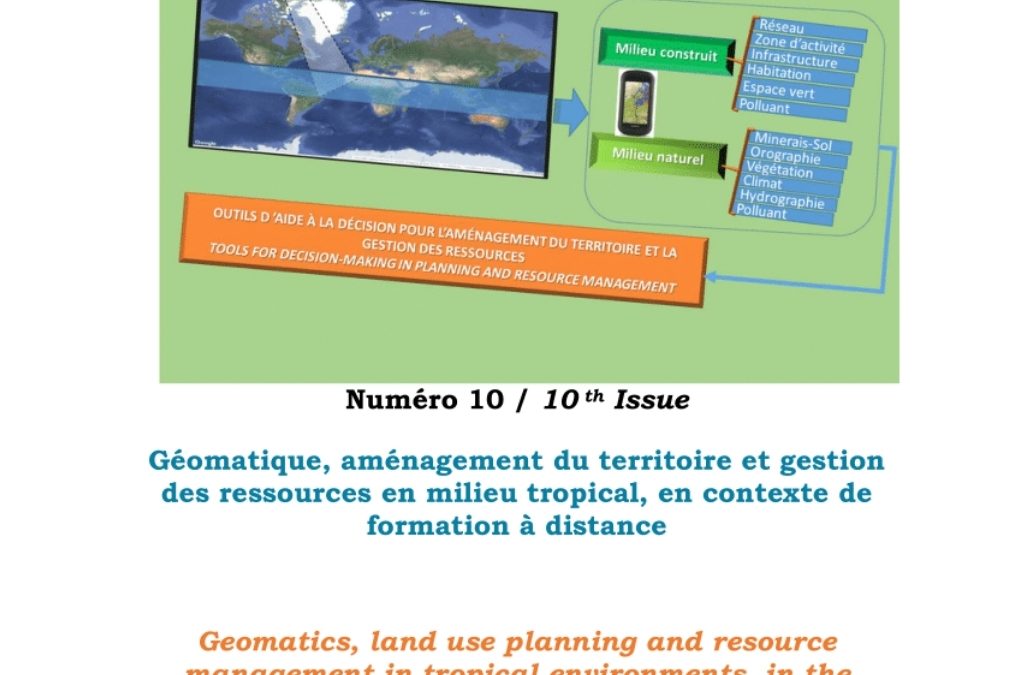
Dynamique spatio-temporelle de l’occupation du sol dans le Parc national du Mont Cameroun et sa périphérie (Région du Sud –Ouest Cameroun), entre 1986 et 2020
Le mont Cameroun (4095 m d’altitude), en raison de son contexte spécifique de diversité biologique, fait partie des parcs nationaux du Cameroun, La fertilité légendaire des sols du volcan attire depuis des siècles une mosaïque de populations. En effet, classés dans la...
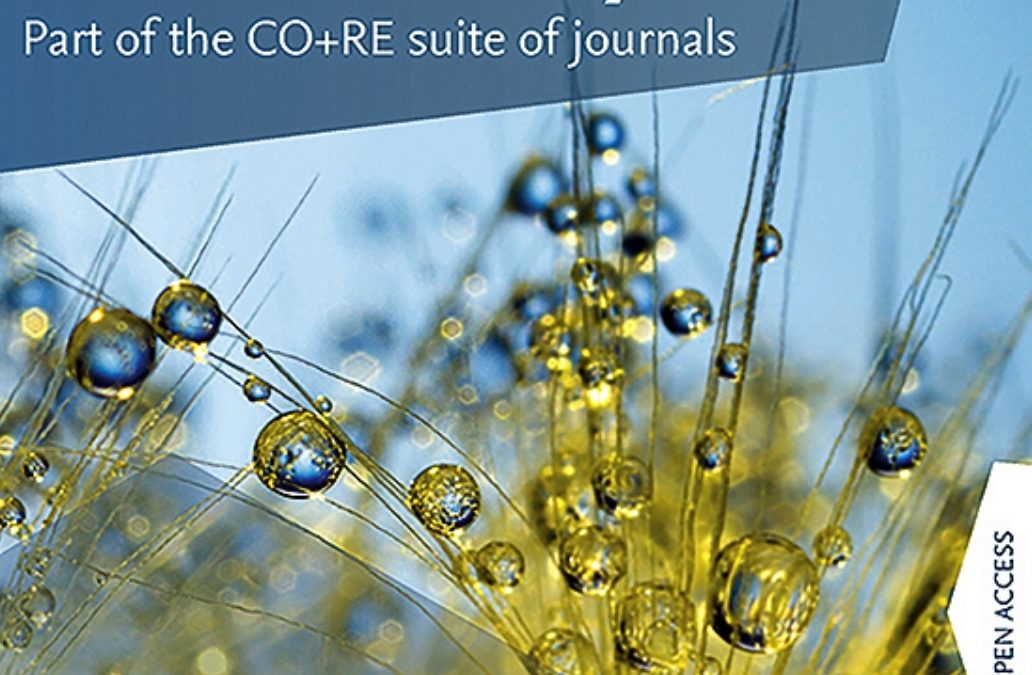
Spatial distribution of rattan and indigenous perspectives vis-à-vis the growth rate of economically important rattan species in Cameroon: Sustainability and policy implications
Rattan is an important Non-Timber Forest Product (NTFP) with huge potential to boost socio-economic development in indigenous communities of Cameroon in particular and the entire country in general. Rattan is mainly harvested from the wild, with no involvement of...
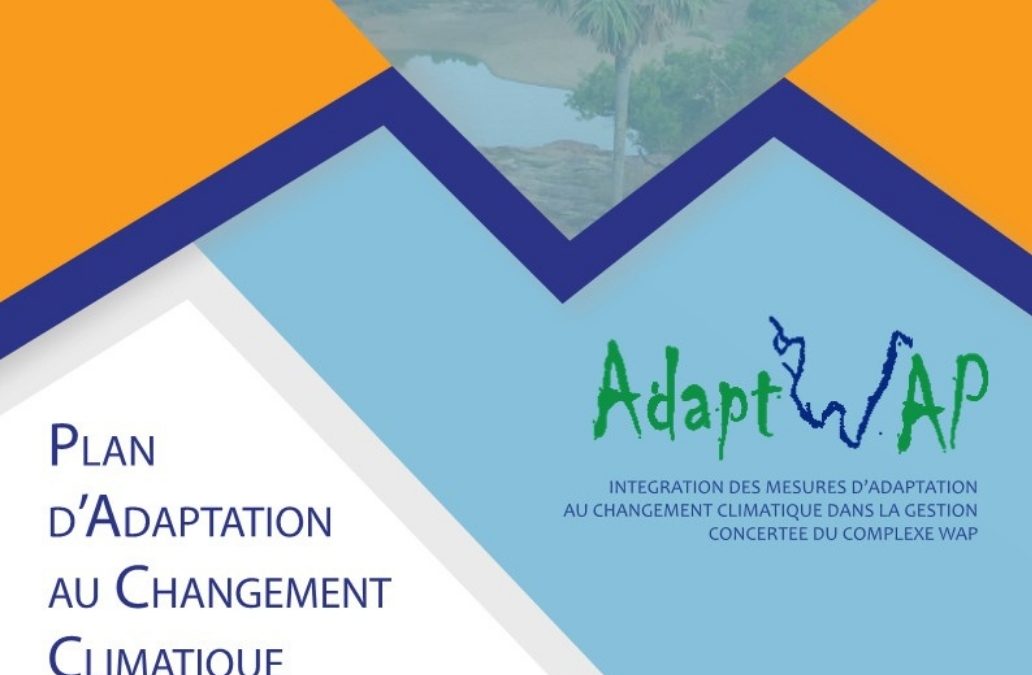
Plan d’Adaptation au Changement Climatique du Complexe transfrontalier WAP W-Arly-Pendjari (Bénin – Burkina Faso – Niger)
Dans les zones arides, le changement climatique et la désertification devraient entraîner des réductions de la productivité des cultures et du bétail, modifier des espèces végétales et réduire la biodiversité. Il est également indiqué que les populations des zones...
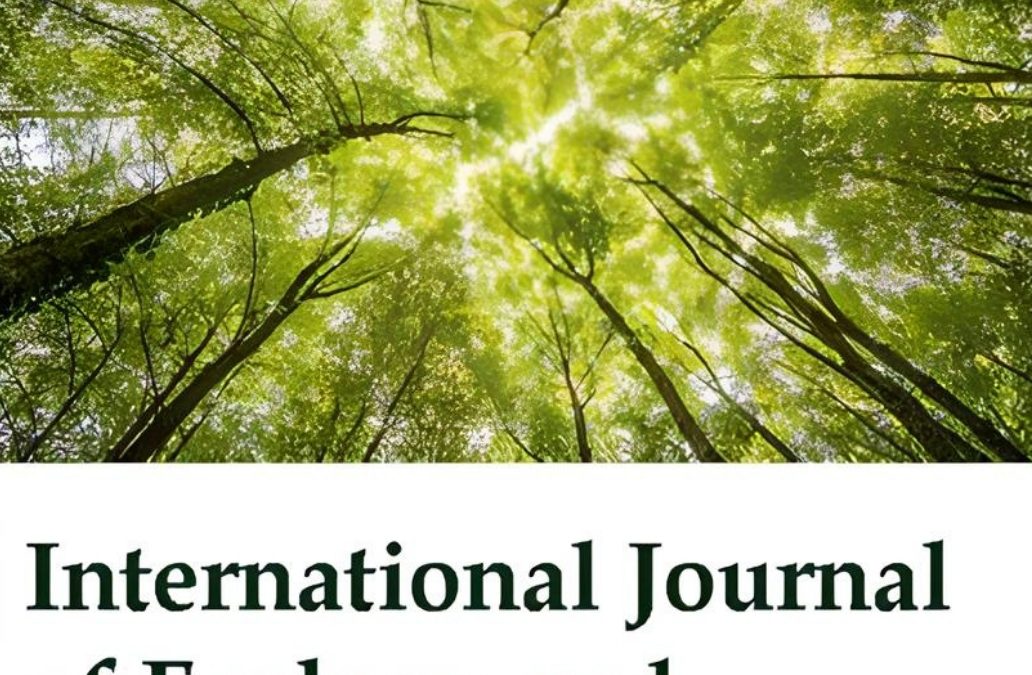
Analysis of the exploitation of NTFPs and their contribution to the well-being of households around the Belabo-Doume-Diang intercommunal massif
In the East region of Cameroon, forest resources are composed of Woody and Non-Timber Forest Products (NTFPs). These NTFPs have long been a source of food, medicine, construction tools and ornaments. The lack of information to assess the current and potential...

Farm Rejuvenation-Induced Changes in Tree Spatial Pattern and Live Biomass Species of Cocoa Agroforests in Central Cameroon: Insights for Tree Conservation Incentives in Cocoa Landscapes
Cocoa agroforests sustain ecosystem services (ESs) to varying degrees. These services are otherwise mostly provided by other non-cocoa shade or companion trees. However, the density of shade trees is associated with services and/or disservices that drive farm-specific...
Bamboo Biomass: A Strategy for Climate Change Mitigation and Adaptation, and Forest Landscape Restoration (FLR) in Cameroon
Studies suggest that bamboo is an excellent biological resource with the capacity to sequester and stock carbon while providing direct and indirect services that support human well-being. Cameroon, despite having a huge bamboo potential, has not benefited from these...
Bamboo-Based Forest Landscape Restoration: Practical Lessons and Initiatives to Upscale in Africa
Studies suggest that the restoration of degraded land through planting bamboo could be a viable strategy for forest landscape restoration. As part of more extensive landscape restoration, planting bamboo in degraded and marginal landscapes have the potential to...
An analysis of the institutional framework for REDD+ implementation in Cameroon
REDD+ is a mechanism that is used to advance the efforts of developing countries that are endowed with forests to mitigate climate change by decreasing emissions from deforestation and forest degradation, encouraging conservation and the sustainable management of...
Catalysing the monitoring and evaluation of Nationally Determined Contributions through North–South cooperation
The recent 6th Assessment Report by Intergovernmental Panel on Climate Change has been damning to the world. An overwhelming amount of evidence that Nationally Determined Contributions (NDCs) can contribute to stabilising or reversing the course of impacts of climate...
Biodiversity and Ecosystem Services of Bamboo Carbon Stocks Regulation in the Western Highlands of Cameroon
In the Western Highlands of Cameroon, natural ecosystems have been significantly degraded, fostering other land-use types like bamboo stands. However, knowledge of the potential contribution of bamboo to climate change mitigation within the framework of payment for...
A systematic review of the application of multi-criteria decision-making in evaluating Nationally Determined Contribution projects
Analyses in the past decade and more recently, catastrophic events, including extreme temperatures, un predictable weather patterns, floods, and wildfires caused by climate change, have become too common worldwide. There is overwhelming evidence that country...
Les engagements internationaux des pays d’Afrique centrale en réponse aux changements climatiques
L’article 4 de la CCNUCC rappelle les principaux engagements des parties, en tenant compte de leurs responsabilités communes, mais aussi différenciées, et de la spécificité de leurs priorités de développement, ainsi que de leurs objectifs et de leur situation. Au...
Time series analysis of remote sensing images of vegetation cover change in the Faro-Bénoué-Bouba Ndjidda ecological landscape, north region of Cameroon
The Faro-Bénoué-Bouba Ndjidda ecological landscape in the north region of Cameroon consists of a vast network of protected areas with multiple potentials that contribute to the economic and social development of the local populations. Because of all its potentials,...
Community forestry in Cameroon: Insights on state institutional deficits
Community forestry (CF) was set-up in Cameroon about 20 years ago to enable better environmental, economic, and social benefits for communities. Since then, 430 community forests have been attributed, covering an area of almost 1.7M ha. However, less than a quarter...
Dynamique spatio-temporelle de l’occupation du sol dans le Parc national du Mont Cameroun et sa périphérie (Région du Sud –Ouest Cameroun), entre 1986 et 2020
Le mont Cameroun (4095 m d’altitude), en raison de son contexte spécifique de diversité biologique, fait partie des parcs nationaux du Cameroun, La fertilité légendaire des sols du volcan attire depuis des siècles une mosaïque de populations. En effet, classés dans la...
